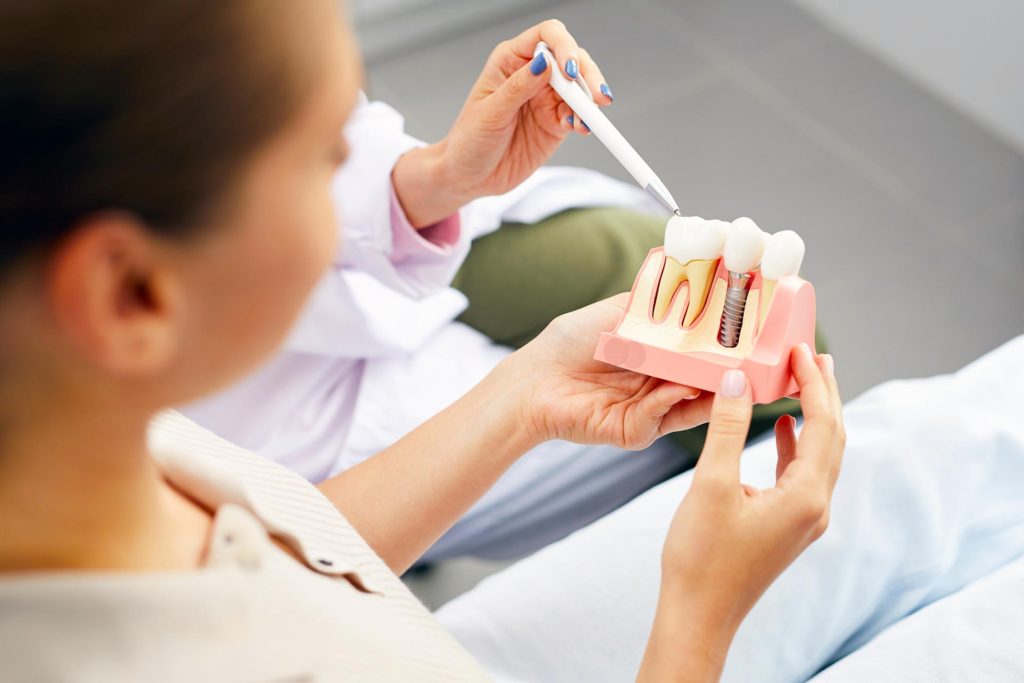
Local anesthesia is a type of anesthesia used to numb only one part of the body. In dentistry, it is applied by injecting anesthetic medication into the gum or inside the cheek.
Dental treatment procedures are usually performed in an outpatient setting. In such treatments, local anesthesia is used to prevent pain. Local anesthesia is an extremely fast, effective and safe way to prevent pain.
Local anesthetic drugs numb the nerves in the area to be treated, preventing pain from being felt. The anesthetic blocks the nerves to prevent pain signals from reaching the brain. However, some pressure and movement may still be felt as the dentist works on the tooth or gum.
The anesthetic medicine starts to work in just a few minutes. The dentist waits until the area is completely numb before starting the procedure.
The effect of local anesthesia usually wears off after 2-4 hours. In some cases, some pain may return after the anesthesia wears off. In this case, painkillers may need to be prescribed.
Local anesthesia may cause some side effects, such as accidental injury, headache, dizziness, drowsiness, weakness, and blurred vision. A hematoma (collection of blood in a different tissue) can occur when the injection of the medicine hits a blood vessel. All these side effects are usually minor, harmless and temporary.
Local anesthesia does not require special preparation, does not cause a person to lose consciousness and rarely causes serious complications. It is therefore safer than general anesthesia.
Physical activities cause the anesthetic effects to wear off more quickly. Therefore, rest is recommended after the procedure.
The most commonly used anesthetic in dental practice is lidocaine. This drug can be combined with other substances to increase the effectiveness and duration of anesthesia.
Patients with heart disease, high blood pressure or allergies should inform their dentist before treatment. In such a case, it may be necessary to use a different drug formula.
The doctor may prescribe sedation drugs for patients with anxiety and fear. Sedation drugs help the patient to stay calmer.
For minor procedures such as tooth extraction, filling and root canal treatment, local anesthesia is used to numb the area to be treated. Local anesthesia or general anesthesia, regardless of the type of anesthesia, should be administered by people who have received the necessary training and have sufficient experience.




